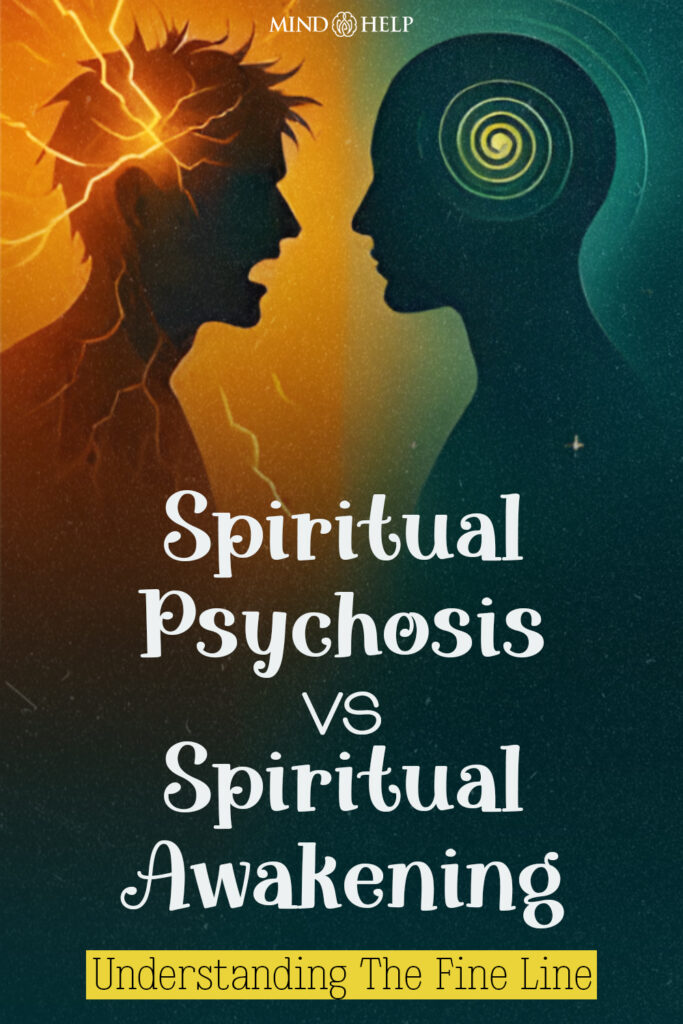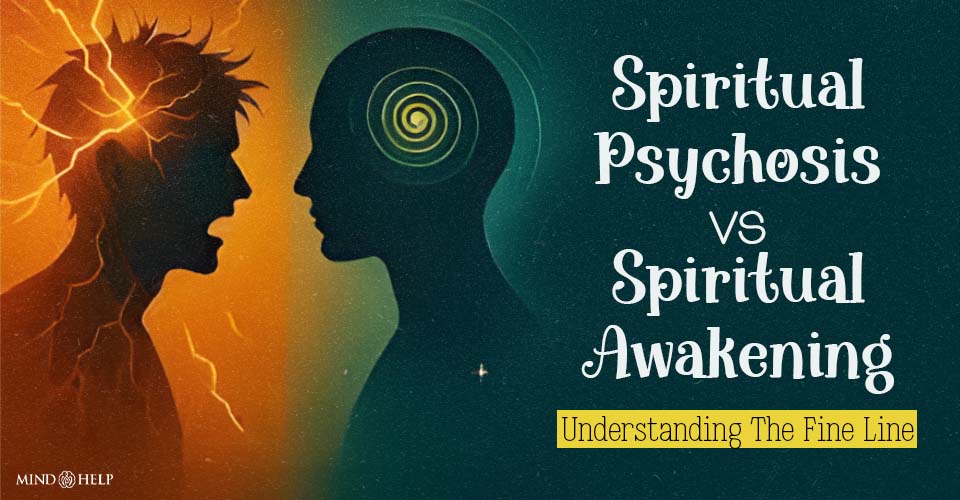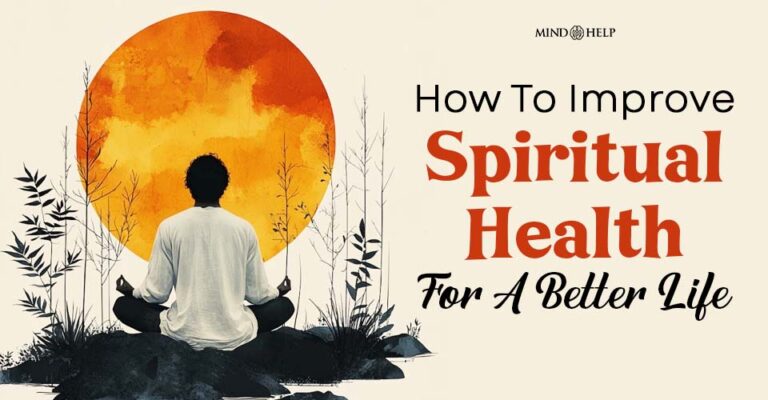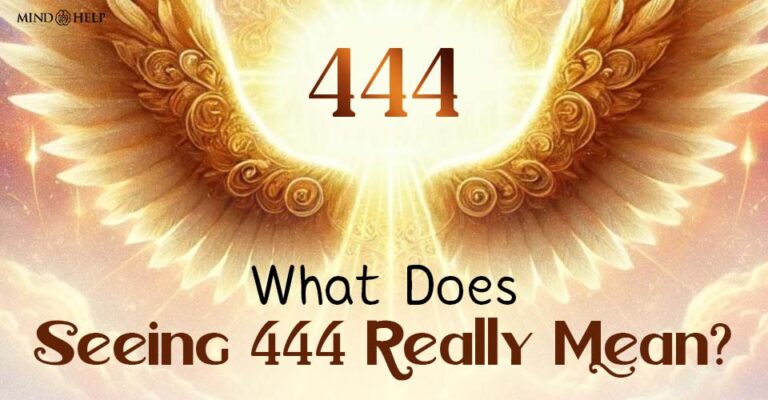Have you ever felt as though your entire inner world was collapsing—when life, destiny, or even the universe itself seemed to be conspiring against you? In the midst of that consuming darkness, did you catch a glimpse of light… or did the shadows close in completely? Spiritual psychosis vs spiritual awakening is a question many wrestle with during times of profound inner change.
Both experiences can be deeply unsettling. They shake the very foundation of your reality, blur the boundary between truth and illusion, and make you question your identity. While both can bring emotional turbulence and mental fog, the key difference lies in the direction they take you—toward healing and clarity, or toward confusion and harm.
When you feel like you’re falling apart, how can you tell if you’re breaking down or breaking through? Are you spiraling into disconnection or leveling up in consciousness? Let’s explore psychosis vs spiritual awakening so you can better understand your own journey.
What Is a Spiritual Awakening?
A spiritual awakening is a deeply transformative inner shift that changes how you perceive yourself and the world. More often than not, it begins with a period of crisis—loss, trauma, or deep existential questioning.
Pain becomes the catalyst for growth. In the depths of the “dark night of the soul,” a realization emerges—one that no book, podcast, or lecture could truly give you. You begin to see hidden patterns, understand past events in a new light, and connect the dots you previously overlooked.
From this moment of insight, you rise with more empathy, compassion, clarity, and peace. You gain a higher perspective, no longer bound by the same fears or illusions.
Common signs of spiritual awakening include:
- Positive shifts in thinking
- Heightened empathy and intuition
- Increased sensitivity to people and environments
- Deep introspection
- Feeling connected to all life
- Loss of interest in shallow pursuits
- Emotional release through crying or creative expression
- Sudden changes in values or life purpose
- A calling to help or heal others
- Detachment from unhealthy attachments
- Inner peace and self-assurance
- Discovering your soul’s purpose or spiritual gifts
While this process can feel destabilizing initially, it usually leads to more stability, clarity, and expansion over time.
Read: 7 Soul Lessons That Come Wrapped In Darkness
What Is Spiritual Psychosis?
Spiritual psychosis refers to a state in which spiritual or mystical beliefs become intertwined with distorted perceptions, mood swings, and disconnection from reality. Unlike a healthy spiritual awakening, which fosters grounded clarity, spiritual psychosis often leads to delusion, paranoia, and functional impairment.
Common signs of spiritual psychosis include:
- Grandiose beliefs of divine identity or supernatural powers
- Losing touch with reality
- Hallucinations with spiritual themes
- Fear or paranoia about evil forces
- Intense emotional highs and lows
- Obsession with “purification” or “ascension”
- Difficulty functioning day-to-day
- Speaking in incomprehensible or symbolic language
- Resisting help or intervention
While spiritual awakening vs psychosis can look similar from the outside, the outcomes differ drastically. One leads to clarity and connection, the other to disconnection and distress.
Schizophrenia vs Spiritual Awakening
It’s also important to distinguish schizophrenia vs spiritual awakening. Schizophrenia is a chronic mental health condition characterized by hallucinations, delusions, disorganized thought, and a break from reality—requiring clinical intervention.
A spiritual awakening, in contrast, may involve altered perceptions, but it is grounded in reality and often results in personal growth, self-awareness, and emotional stability. The key difference is whether these experiences promote insight and connection, or fear and dysfunction.
How to Tell the Difference: Spiritual Psychosis vs Spiritual Awakening
1. Finding Your Purpose
A true spiritual awakening guides you toward your life purpose and spiritual gifts. Even if you’ve faced years of hardship, you eventually discover your calling in perfect timing, and this path is rooted in reality. Those around you notice your alignment, confidence, and sense of meaning.
However, if you suddenly feel the need to abandon everything to start a cult because you believe you are a prophet, it may be spiritual psychosis rather than awakening.
2. Emotional Upheavals
Both experiences bring emotional highs and lows. With awakening, emotional release—like crying, journaling, or creating—leads to breakthroughs and a sense of lightness.
In psychosis, there is no clarity—just a sense of falling into a dark abyss. Fear dominates, and control feels out of reach. In such cases, professional mental health support is vital.
3. New Identity
Awakening involves shedding layers of conditioning to reveal your authentic self. It’s liberating—you feel powerful, fearless, and truly alive.
But if you find yourself losing grip on basic identity markers like your name or sense of self, it may point to a mental health crisis rather than spiritual growth.
4. Quit or Restart?
During awakening, solitude serves as a reset period before you re-emerge with renewed focus and purpose.
With psychosis, withdrawal often comes from overwhelming confusion, leading to abandoning responsibilities without clarity or direction. This is a sign of distress, not ascension.
5. Finding Meaning
Awakening can make life feel magical, filled with synchronicities and deeper connections. Psychosis, however, can turn ordinary mishaps into perceived cosmic punishments, fueled by anxiety rather than insight.
The Final Word
Navigating spiritual psychosis vs spiritual awakening can be incredibly confusing, especially when you’re in the midst of it. Spiritual growth tends to bring calm, clarity, and connection, while psychosis leans toward fear, confusion, and dysfunction.
If you’re unsure, seek guidance from a trusted friend, mentor, or mental health professional. Both the soul and the mind deserve care.
Whether you are peeling back the layers of your spirit or weathering a mental health storm, honor the process. Not every day will bring revelations—some will simply ask you to rest. But both can lead you forward in their own way.
Disclaimer: This content is for informational purposes only and should not replace professional medical or psychological advice. Always consult a qualified mental health professional if you are experiencing distressing symptoms.








